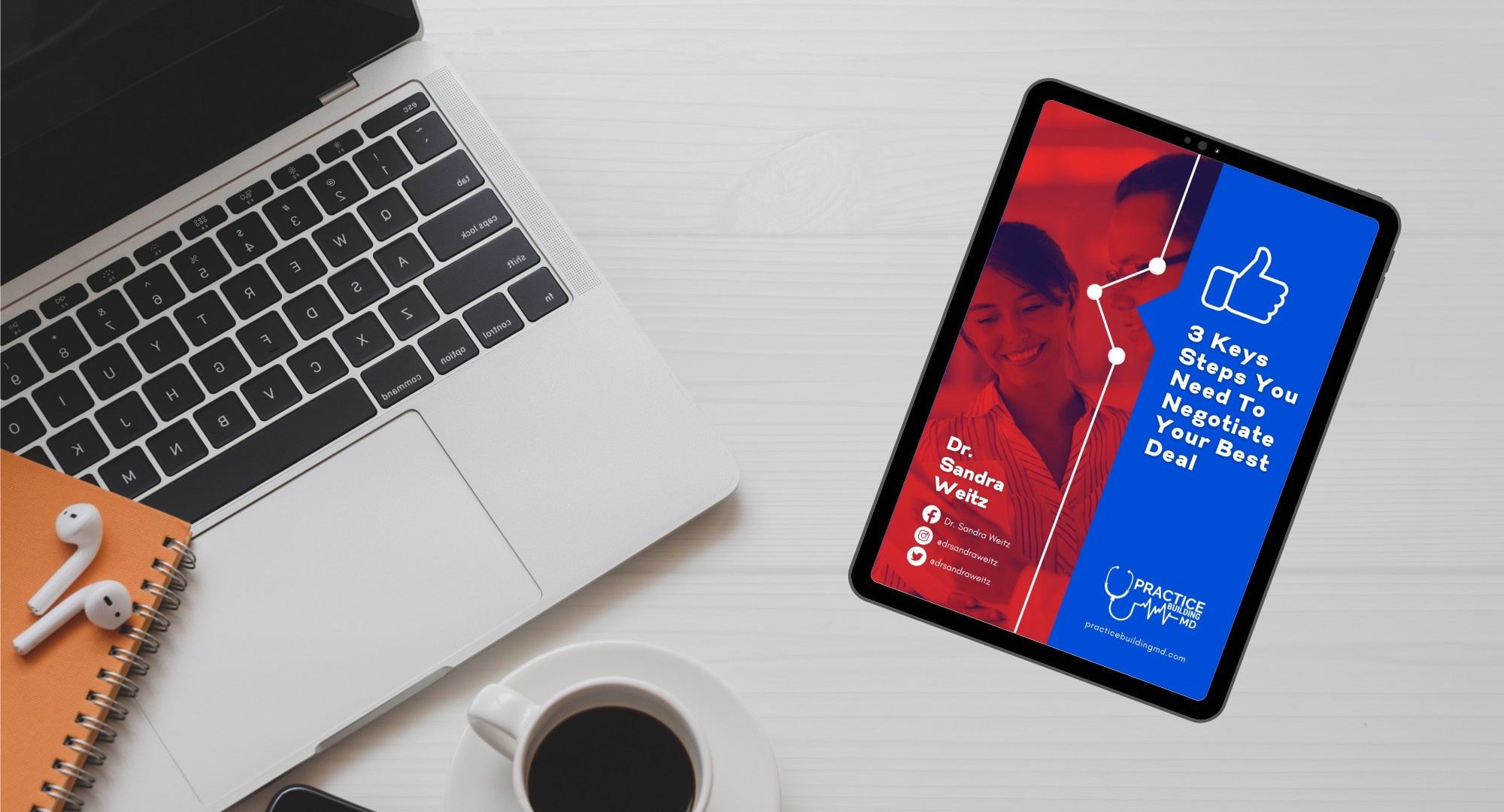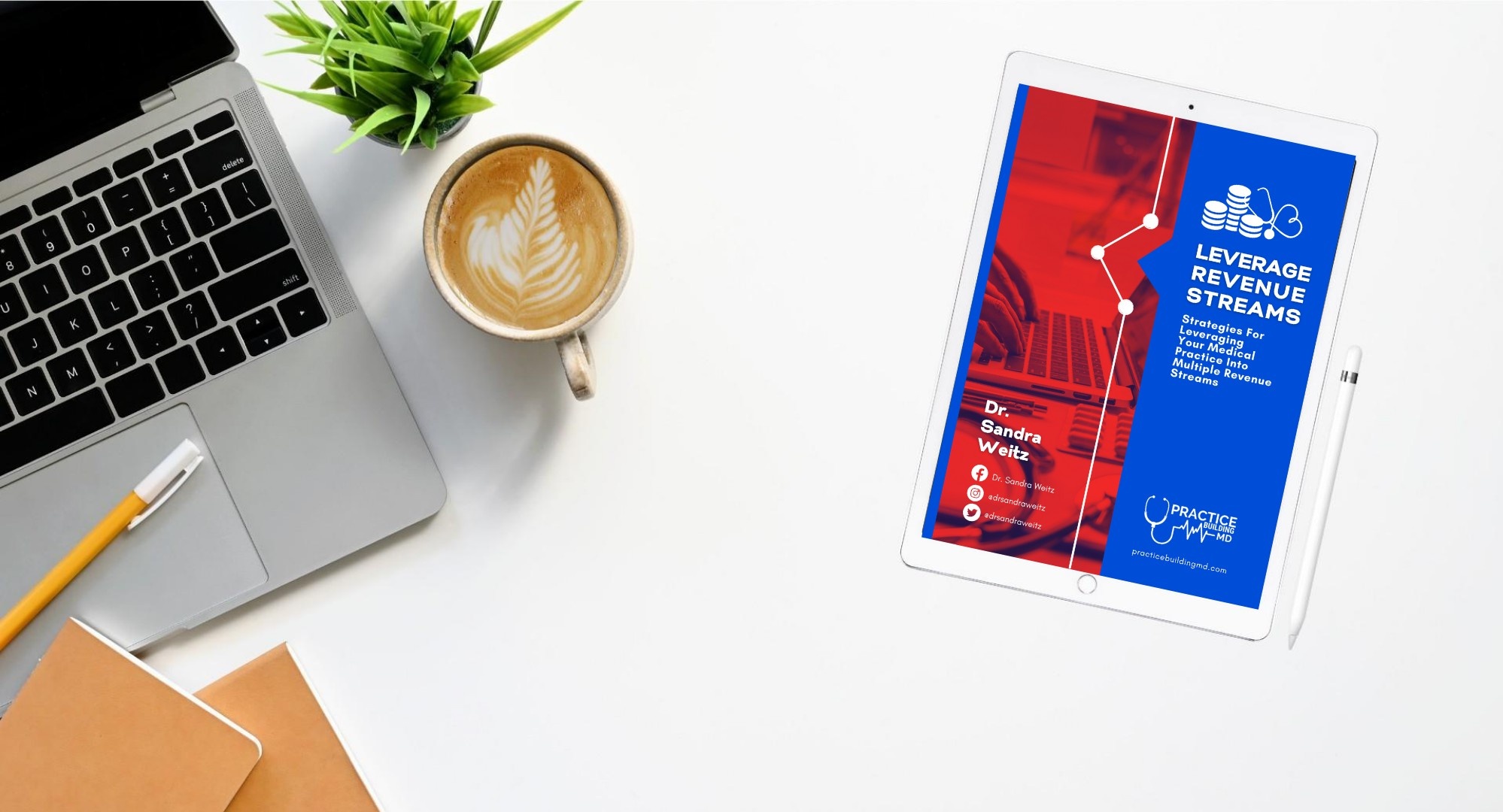
Why You Need An ABN
August 22, 2022
You want to offer a service to a patient but you aren’t sure that Medicare will reimburse you. Is there something you can do to increase the chances of getting paid? The answer is an advanced beneficiary notice of non-coverage (ABN).
You use an ABN when you are offering a service that is usually reimbursed by Medicare but may not be reimbursed by Medicare in this particular case.
Voluntary use of an ABN
When you know, in advance, that the service is not covered by Medicare you voluntarily use an ABN to notify the patient. The ABN puts the patient on notice that they are financially responsible.
Mandatory use of an ABN
An ABN is required when Medicare covers the service but may not be in this case. For example, Medicare may determine that the service or treatment was not reasonable and medically necessary for this patient. If you know, from the outset that something may potentially not be considered medically necessary by Medicare you must get that ABN signed.
Importance of local carrier determinations (LCD)
I previously explained Medicare LCDs . LCDs may account for why something is not covered by Medicare. Understand LCDs can help you navigate when an ABN is required.
For any service or item that Medicare covers but you are concerned that they won’t cover in this case, you will want the patient to sign an ABN. If you did not get the patient to sign the ABN before the service or item was provided, then you cannot demand payment from the patient.
Key point-- You must have informed the patient before the service was provided that this is typically paid for by Medicare but that there is a chance in this case that it will not be covered and they and must sign the ABN form.
The ABN isn’t a blanket form. Avoid the temptation of thinking, “I'm not sure what’s covered so I'm just going to get everybody to sign this form.” The ABN needs to specific. Identify what service or item is being offered and communicate that to the patient. The patient needs to understand that you will transfer the liability to them for that specific thing if it isn’t covered by Medicare.
It’s your responsibility to know what is and isn’t covered. changes in what Medicare pays for to you.
Medicare Advantage plans and commercial insurers do not follow CMS but rather have their own set of rules. Some require an ABN. Some don't. Others have their own version of an ABN. Read your contracts to determine what is required.
If you'd like to hear more tips on how to start, run and grow your practice and related medical businesses, please sign up for my newsletter at https://www.thepracticebuildingmd.com.
And, be sure to join my FB group, The Private Medical Practice Academy.
Enroll in my course, How To Start Your Own Practice and get the step-by-step process for opening your doors.
Or join The Private Medical Practice Academy Membership for live group coaching, expert guest speakers and everything you need to know to start, grow and leverage your private practice.
If you enjoy this podcast, please help spread the word and leave a review :)
00:00:00 Hi, it's Dr. Weitz. Thanks so much for joining me for this episode of the private medical practice academy. You want to offer a service to a patient, but you aren't sure that Medicare will reimburse you. Is there something that you can do to increase the chances of getting paid? The answer is yes, it's an advanced beneficiary notice of non coverage.
00:00:22 Otherwise known as an ABN. Let's start by saying that an ABN is a specific form. That's meant to be used only for Medicare patients, but don't worry. I'll also cover what to do for Medicare advantage and commercial insurance. Now that you know, a form exists, the question is when and how do you use it? You use it when you're going to do something,
00:00:46 a treatment, a service or an item that's usually reimbursed by Medicare, but may not be reimbursed by Medicare. In this particular case, you also need to know whether the situation warrants a voluntary or a mandatory use of an ABN. What is voluntary use of an ABN? If you know, in advance that the service or item is not covered by Medicare,
00:01:12 you would use a voluntary ABN to notify the patient. Now the form is exactly the same. It's really just a matter of, are you voluntarily using the form or are you required to use a form? If the service or item that you're offering is explicitly excluded, you are going to want to use the form voluntarily. Basically you're using the ABN to put the patient on notice.
00:01:39 You're telling them I'm getting you to sign this form because I know in advance that there's no chance that Medicare is going to pay for this. And you, the patient are assuming financial responsibility. Some examples might include comfort items, routine physicals, or screening tests that Medicare does not reimburse. On the other hand, the mandatory ABN is required when Medicare covers the service or item,
00:02:09 but may not. In this particular case. For example, Medicare may determine that the service or treatment was not reasonable and a necessary for this patient. I want to pause here and address the concept of medical necessity. I know that there are many things that we as physicians feel are medically necessary. That however does not mean that Medicare will deem it to be medically necessary.
00:02:37 If you know, from the outset that something may potentially not be considered medically necessary by Medicare, you must get that ABN signed. This is where understanding local carrier determinations or LCDs is so important. You may have listened to my March 28th, 2022 podcast episode, Where I explained Medicare LCDs. If you haven't, I'd strongly encourage you to go back and do this because it's going to help this make a lot more sense.
00:03:10 As a recap, CMS defines Medicare is federal rules. The actual administration is delegated to a Medicare administrative contractor, otherwise known as a Mac. A Mac is a private healthcare insurer. That's awarded a geographic jurisdiction to process claims for Medicare fee for service beneficiaries, otherwise known as straight Medicare. What are the functions of each Mak is to establish LCDs for whether a service or item is going to be covered because each region has its own Mac.
00:03:48 And LCD's your friend in another region may get paid for something that you won't. LCD's typically stem from services or items that are thought to be over-utilized when you're ordering the same thing and find out that it's no longer a covered service, you can get taken by surprise. This can result in a sudden increase in the number of denials. Now you may be thinking that there's no way to know whether there's been a change.
00:04:15 That's not true. Any LCD or change to an LCD must be publicly disclosed. It's your responsibility to keep up with this. The reason to understand LCDs is because this is frequently the linchpin in the covered non-covered saga for any service or item that Medicare covers, but you're concerned that they won't cover it. In this particular case, you'll want the patient to sign an ABN.
00:04:43 Here's the process. You have the patient sign, an ABN you bill Medicare. If Medicare pays the claim, the patient's only responsible for their co-insurance. On the other hand, if Medicare says the claim is denied, meaning that Medicare won't pay you, then the financial obligation is transferred to the patient. If you didn't get the patient to sign the ABN before the service or item was provided,
00:05:08 then you cannot demand payment from the patient. Here's the key point. You must have informed the patient before the service or item was provided that this is typically paid for by Medicare, but that there's a chance in this case that it will not be covered and that they must sign the ABN that said the ABN is not a blanket form. Avoid the temptation of thinking.
00:05:34 I'm not sure what's covered. So I'm just going to get everybody to sign this form. That is not how the ABN works. The ABN needs to be specific. Identify what service or items are being offered and communicate that to the patient. The patient needs to understand that you will transfer the liability to them for that specific thing. If it turns out that it's not covered by Medicare,
00:05:56 The ABN does not cover all care. CMS assumes that, you know, what's reimbursable and what isn't. When you ask a patient to sign an ABN, the goal is to educate the patients so that they can make an informed choice and not get stuck with a surprise bill. For example, the patient may decide this is important to me. And my doctor says it's medically necessary and I've done the research and I want to do it regardless of whether Medicare will pay for it or not.
00:06:25 Okay. I'll pay for it. Even if Medicare doesn't and I'm willing to sign this form. On the other hand, the patient may say, nevermind, I don't have the money, or I don't want to do it. And as I told you, before, you can't bill a Medicare patient. If Medicare doesn't pay and you don't have a signed ABN.
00:06:46 So if you do something without an ABN and it turns out you don't get paid, you just provided the service for free. I also want to reiterate it's your responsibility to know what's covered and what isn't make sure that your billing folks keep up with CMS notices and that they communicate all changes in what Medicare pays to you in advance. Now, I wouldn't talk about Medicare advantage plans and consumer insurance,
00:07:15 Medicare advantage plans don't follow CMS, but rather have their own set of rules. Some require an ABN. Some don't others have their own version of an ABN. Read the contract to know what each Medicare advantage policy is so that you know, what is required the same is true for commercial insurers. Some except an ABN read the contracts to know what the appropriate route is.
00:07:41 Typically, you need to get a signed consent in order to bill the patient for a non-covered service, get your contracts, highlight them, inform your staff that way. When you order X, there's a spreadsheet that tells everyone what you need to do to make sure that we have the right process down and that you're actually going to get paid. For example,
00:08:05 I feel very strongly that a patient needs a certain procedure. I have talked to the patient about it. The patient wants to go through with this procedure. They understand that they may or may not get covered by their insurer. So I tell my staff, Hey, we're going to do procedure X on this patient. They look on their spreadsheet. They say,
00:08:27 oh, this may not be covered. And so we need to fill out this kind of form. If you have that spreadsheet, it will make sure that you get the correct form signed in advance, follow the process for potential non-payment in advance. And in the long run, I promise you that this is going to help your revenue cycle management. Now,
00:08:49 what happens if the patient refuses to sign that ABN, if you give the patient The form to sign and you've explained to them why you're offering them the service and why they may potentially be financially responsible and that their insurance may not pay, then if they don't want to sign the form, don't force the issue, tell them great. I've informed you you've declined.
00:09:14 But what you do have to do is document that you've informed the patient of the service, that it may potentially not be covered and that they have refused to sign the ABN. Are you wondering why you need to do this? Because if somewhere down the line, the patient comes back and says, I wasn't offered X, Y, and Z. You will have proof that you offered it and that they didn't want to sign the ABN.
00:09:43 And therefore they weren't agreeing to be financially responsible. And you did not pursue this any further. Now, what if the patient demands a service, but refuses to sign the ABN and acknowledge being financially responsible? You need to know that CMS has said the patients can not refuse. And the man the service, basically, if you're demanding a service, you need to sign the ABN and agree to be financially responsible.
00:10:10 That said, I would strongly encourage you to have a witness who signs your documentation stating that the patient refuses to sign the ABN. That way you have a witness saying, yes, I offered the patient, the service. They refuse to sign the ABN. And therefore we did not proceed that way. If the patient comes back and says, I demand to have had X,
00:10:36 Y, and Z done, you have proof that you were willing to do it. You offered it to them. You gave them the informed consent and it was their choice and their refusal to sign the ABN and become financially responsible. Please be sure to sign up for my newsletter below, I'll be sending you tips on how to start a practice, grow a practice,
00:10:57 and then to add multiple services so that you can maximize your revenue.

HOW TO START YOUR OWN MEDICAL PRACTICE JJJJJJJ
Are you overwhelmed at the thought of starting your own private practice? This cheat sheet will give you a roadmap with step-by-step instructions to get your practice up and running.

USE YOUR PRACTICE TO WORK LESS AND GENERATE MORE MONEY
Do you want to make more money without working harder but don't know how? My guide of proven strategies to leverage your medical practice will show you how.

HOW TO WRITE A BUSINESS PLAN
Do you want to learn how to write a business plan?
You will learn why having a business plan is so important and then get the 7 components that actually go into the plan.






